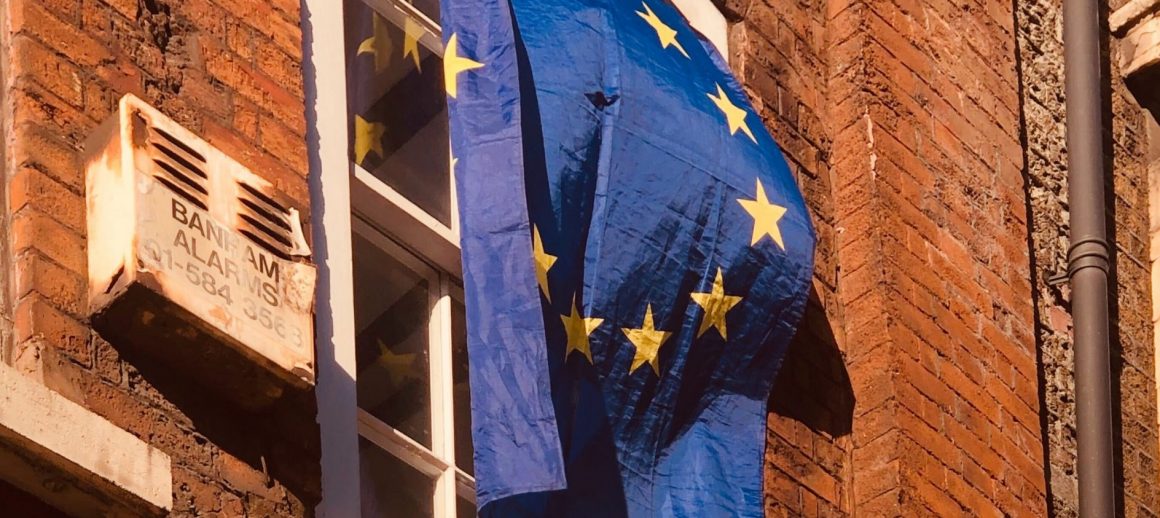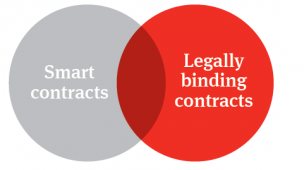Brexit: Forget Article 50 – it’s the other 5+ negotiations that matter
8 February, 2017
Will Straw, Executive Director of Britain Stronger in Europe, the Remain campaign in the EU referendum, gives readers of the Oxbow Partners blog an exclusive update on Brexit.
It is now less than a month until Theresa May is expected to serve official notice that Britain will leave the European Union. Barring a protracted period of parliamentary process, the Prime Minister will trigger Article 50 ahead of the next European Council meeting in Malta on March 9th.
Every sector of the economy will be affected and insurance is no exception. 6 per cent of people working in the British insurance industry are from other EU countries and the London market does 11 per cent of its business within the single market. Even the primarily domestic retail market will be affected as a combination of exchange rate depreciation and any future tariff increases cause inflationary pressures.
But what will happen after the starting gun is fired in March? What are the likely outcomes? And how can the sector influence the process?
It is worth understanding that Brexit is not a single process and that there will be six separate overlapping sets of negotiations.
Negotiation 1: Article 50
Despite the hype, the first of these – Article 50 – is probably of least consequence. This process, which must be concluded within two years unless there is agreement from all remaining member states, dictates the bureaucratic and financial terms of Britain ‘taking back control’ of its affairs.
Newspapers report that the EU will seek to extract £50 billion from the Treasury to pay for the UK’s share of EU pension liabilities, loan guarantees and spending on UK-based projects. There are also some assets – built up over 44 years of membership – which Britain might seek to repatriate, for example its share of the wine and cognac collection in Brussels. We also need to agree the formal process by which British MEPs and our Commissioner, Julian King, step down from their positions.
Negotiation 2: The UK’s future relationship with the EU
Of far more substance is the nature of the UK’s future relationship with the EU, which is the second negotiation. In its recent White Paper on Brexit, the government was explicit that it does not seek continued membership of the single market but that the new agreement “may take in elements of current Single Market arrangements”. What this actual means will depend on protracted negotiations over many years.
It is not formally possible for the UK to begin these negotiations until Article 50 has been concluded although it is expected that some preliminary work will take place over the next two years. Prior to the referendum, the government suggested that Brexit could take 10 years. This was reiterated by Britain’s outgoing ambassador to the EU, Ivan Rogers, who told Parliament in early February that a new free trade deal might not be signed until the mid-2020s.
The insurance and pensions sector currently exports around £4 billion to the EU. Whether it gets to retain unfettered access will depend on what the government is willing to give in return. Despite claims by the Leave campaign, the UK does not send £350 million per week to Brussels but we do pay around £7 billion a year for EU membership. We are likely to have to pay to play if we want to retain similar terms.
Negotiation 3: The interim deal
Given the likely years of uncertainty, a third, interim deal will be necessary to avoid a “disruptive cliff edge” when Britain actually leaves. Since the EU are unlikely to want to offer a bespoke interim deal in parallel to the complex negotiations for a permanent EU-UK free trade deal, an ‘off the shelf’ solution seems most likely.
This could mean that the UK temporarily maintains single market access as a member of the European Economic Area, much like Norway. But this would mean temporarily continuing to pay into the EU budget and accepting freedom of movement which will be a tough political sell for Theresa May to the Brexiteers in her party – particularly with a general election looming.
Negotiation 4: WTO membership
As well as leaving the single market, the government has now committed to leaving the customs union. This covers all EU member states as well as Turkey, San Marino, Monaco and Andorra and sets a common external tariff on goods. This will mean that a fourth negotiation will be necessary to agree the terms on which the UK once again becomes an independent member of the World Trade Organisation. The challenge will be agreeing the tariffs and subsidies offered to farmers, manufacturers and service companies with the 163 other member countries.
Negotiation 5: Free trade agreements with third countries
A fifth set of talks will be necessary to secure free trade agreements with the 50+ countries where the UK enjoys free trade agreements as a member of the EU. The international trade secretary, Liam Fox, has said that Britain will simply adopt the EU’s existing free trade deals, but this assumes that the countries in question are willing to play ball. Some might see Brexit as an opportunity to negotiate better terms. Finally the UK will have to negotiate trade agreements with countries where the EU doesn’t currently have a deal.
New discussions could begin with the United States which, under President Trump, has outlined that Britain will be at the front rather than back of the “queue” as his predecessor famously intimated. But these negotiations, and all others with third parties, must wait until the conclusion of the Article 50 process in 2019 at the earliest.
Negotiation 6+: Other areas of EU cooperation
The final set of negotiations are over the other areas of EU law and cooperation including agriculture, fisheries, security, anti-terrorism, policing and foreign policy. In normal circumstances, each of these would demand major diplomatic attention but given the economic complexities of all the other discussions, they will end up being something of an afterthought.
The government will, of course, want to get the best economic deal for Britain but the EU will want to make it sufficiently unattractive that potential copycats are deterred. The insurance industry, like all others, must therefore persuade both the UK and the rest of the EU that continued cooperation is in everyone’s interest.
Will Straw is an independent consultant in the Oxbow Partners network advising companies on Brexit.



